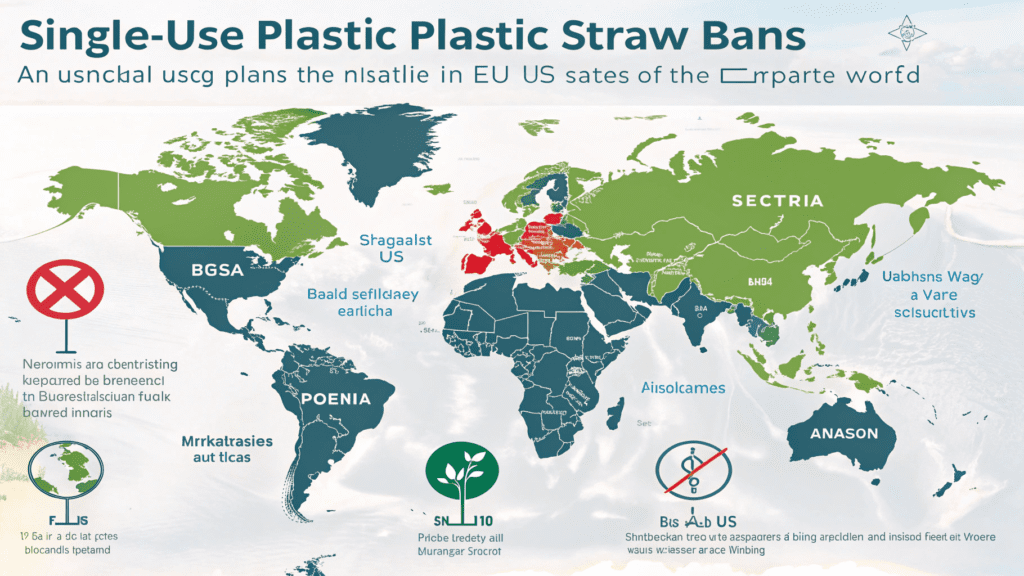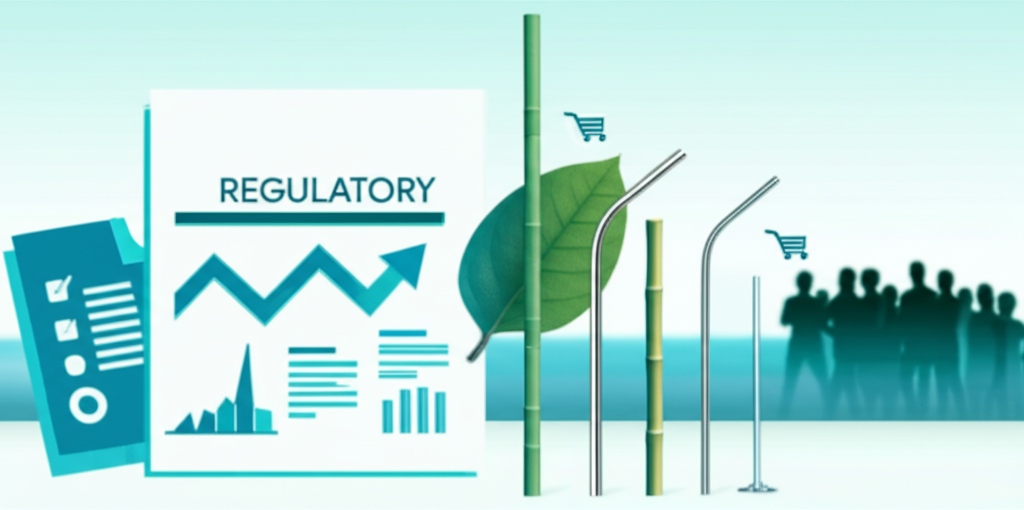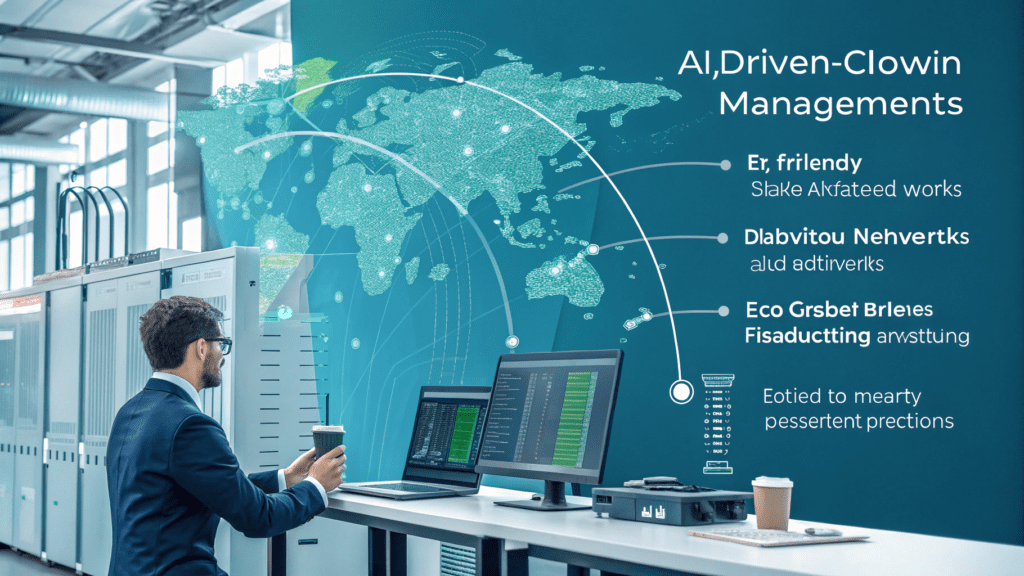The Mandate for Sustainability: Why Your Business Needs a Strategic Eco Straw Solution

The landscape of modern business is rapidly transforming, driven by an undeniable shift towards sustainability. For businesses in foodservice, hospitality, and retail, this transformation is particularly acute when it comes to single-use plastics. Global and regional regulations, notably the EU Single-Use Plastics Directive and a growing number of US state-level bans, are no longer abstract concepts but concrete mandates. Non-compliance isn’t just an ethical misstep; it’s a significant business risk, carrying hefty fines and reputational damage. Learn more about navigating compliance for sustainable packaging solutions at momoio.com/sustainability-compliance.
Beyond legislative pressures, consumer expectations are evolving at an unprecedented pace. Today’s customers, especially the influential millennial and Gen Z demographics, are actively seeking brands that demonstrate genuine commitment to environmental responsibility. Their purchasing decisions are increasingly swayed by eco-conscious practices, directly impacting brand loyalty and market share. Ignoring this sentiment means ceding valuable ground to competitors.
This convergence of regulatory urgency and consumer demand isn’t merely a challenge—it’s a monumental market opportunity. The eco-friendly straw market is undergoing robust growth, projected to soar to USD 25.1 billion by 2035 with a Compound Annual Growth Rate (CAGR) of 7.3%. (Source:Future Market Insights). Early adopters aren’t just complying; they’re strategically positioning themselves for a critical competitive advantage. This isn’t just about small gestures; it’s about making a tangible difference. Transitioning to eco-friendly straws actively contributes to reducing plastic pollution, with paper straws, for example, decomposing in mere weeks compared to the centuries plastic versions endure. It’s a clear step towards a healthier planet and a more resilient business model.

Navigating the Eco-Friendly Straw Landscape: Choices, Challenges, and Industry Insights
As businesses pivot towards sustainable solutions, understanding the diverse landscape of eco-friendly straw materials is crucial for informed procurement. Options span a wide spectrum: traditional Paper straws, derived from renewable wood pulp; sturdy, naturally antibacterial Bamboo; durable and reusable Metal (typically stainless steel); elegant Glass; plant-based Polylactic Acid (PLA); innovative Edible straws made from ingredients like pasta or rice; and even simple, biodegradable Hay straws. Each presents a unique profile of composition, characteristics, and application suitability.
However, the transition isn’t without its nuances. Industry discussions often highlight performance challenges. Paper straws, while widely adopted, can suffer from perceived durability issues, becoming soggy over extended use. PLA straws, though plant-based and compostable, often require specific industrial composting facilities to break down effectively—a critical consideration for disposal logistics and customer perception. Understanding these user experience factors is vital for maintaining customer satisfaction. Exploremomoio.com/eco-straw-products‘s range of high-performance eco-friendly straws designed for optimal user experience.
Market growth insights reveal fascinating regional adoption trends. Asia-Pacific is experiencing rapid growth, fueled by urbanization and an increasing consumer inclination towards sustainable packaging. North America also anticipates significant expansion as consumer preference for reusable and recyclable products continues to climb. These shifts illustrate global opportunities and the increasing mainstream acceptance of eco-friendly alternatives.
Yet, the journey isn’t without its hidden complexities. A growing controversy surrounds the presence of Per- and Polyfluoroalkyl Substances (PFAS) – “forever chemicals” – in some paper and bamboo straws, raising concerns about their true environmental footprint and potential health implications. (Learn more:Environmental Health News on PFAS in Straws). Moreover, a comprehensive life cycle assessment is critical: while reusable options like metal straws appear ideal, they require substantial use (e.g., 37 uses for metal straws) to offset their production’s environmental impact compared to single-use alternatives. Businesses must weigh these factors to make truly informed, sustainable choices.

Optimizing Your Operations: A Strategic Selection Guide for Eco Straws
Strategic selection is the cornerstone of successful eco-friendly straw integration. To guide your decision-making, consider the comparative analysis below, detailing specific benefits, limitations, and ideal applications for various eco-friendly straw types in B2B operations:
| Straw Type | Key Properties | B2B Pros | B2B Cons | Best Use Cases (B2B) |
|---|---|---|---|---|
| Papír | Biodegradable, Compostable, Renewable Wood Pulp | Cost-effective for high volume, Customizable, Widely accepted | Can get soggy, Durability concerns, Potential PFAS (some) | QSRs, High-volume events, General beverage service |
| Bamboo | Biodegradable, Sturdy, Natural Antibacterial | Reusable, Heat resistant, Sustainable sourcing | Requires washing/drying, Inconsistent sizing, More rustic feel | Cafes, Resorts, Eco-conscious dining |
| Metal (SS) | Durable, Reusable, Recyclable | Premium feel, Very long-lasting, No taste transfer | Requires washing/sterilization, Upfront cost, Not disposable | Upscale restaurants, Bars, Corporate catering |
| CHKO | Plant-based Bioplastic, Compostable | Versatile, Similar feel to plastic, Biodegradable (industrial) | Requires industrial composting, Not home compostable | Eco-conscious packaged goods, Specific catering |
| Edible | Made from Pasta, Rice, Sugarcane (Bagasse) | Zero-waste solution, Unique customer experience | Can alter taste, Limited durability (eats), Cost implications | Dessert shops, Niche beverage concepts |
Beyond the product itself, a thoughtfully chosen eco straw solution can profoundly enhance your brand positioning. In both the US and Europe, consumers increasingly associate sustainability with innovation and trustworthiness. Adopting these solutions doesn’t just attract eco-conscious customers; it signals forward-thinking leadership, strengthening your brand image and ensuring seamless adherence to the evolving environmental mandates that are becoming standard across both continents.
This strategic shift also drives tangible operational efficiencies and long-term cost savings. While some eco-friendly options might have a slightly higher upfront cost, they lead to reduced waste management fees, minimized compliance risks, and potential access to tax incentives designed to promote sustainable business practices. In the long run, investing in eco straws becomes an investment in your bottom line.
The future of eco straws is dynamic, with continuous innovation in advanced materials and supply chain integration. Researchers are developing new, more sustainable materials, including improved plant-based options and durable, water-resistant coatings for paper straws that don’t compromise biodegradability. Innovations like Bio-PE are reducing greenhouse gas emissions. Furthermore, AI-driven supply chain optimization is promising even greater functionality, efficiency, and sustainability, ensuring your business stays ahead of the curve. Discover how momoio.com/supply-chain-solutions‘s supply chain solutions can support your sustainable initiatives.

Future-Proof Your Business: Partner for Sustainable Growth and Market Leadership
The time is now for businesses to proactively integrate sustainable straw solutions. This isn’t merely about ticking a compliance box; it’s about seizing a critical competitive edge, differentiating your brand in a rapidly evolving market, and capturing the expanding segment of eco-conscious consumers who are actively seeking responsible choices.
The benefits are clear and compelling: an enhanced brand reputation, measurable operational cost reductions through efficient waste management and compliance, and strengthened adherence to critical regulatory requirements. These tangible business values are the direct result of a well-executed eco straw strategy, positioning your enterprise for enduring success.
For procurement managers, operations directors, and sustainability officers, the path to sustainable operational excellence is clear. Taking the next decisive step in your sustainability journey means making informed choices that benefit both your bottom line and the planet.
Ready to transform your operations with leading eco-friendly straw solutions? We invite you to schedule a personalized consultation with our experts. We’ll assess your unique business needs, explore customized options tailored to your specific operations, and provide a comprehensive ROI analysis to illustrate the tangible value of your sustainable investment.






